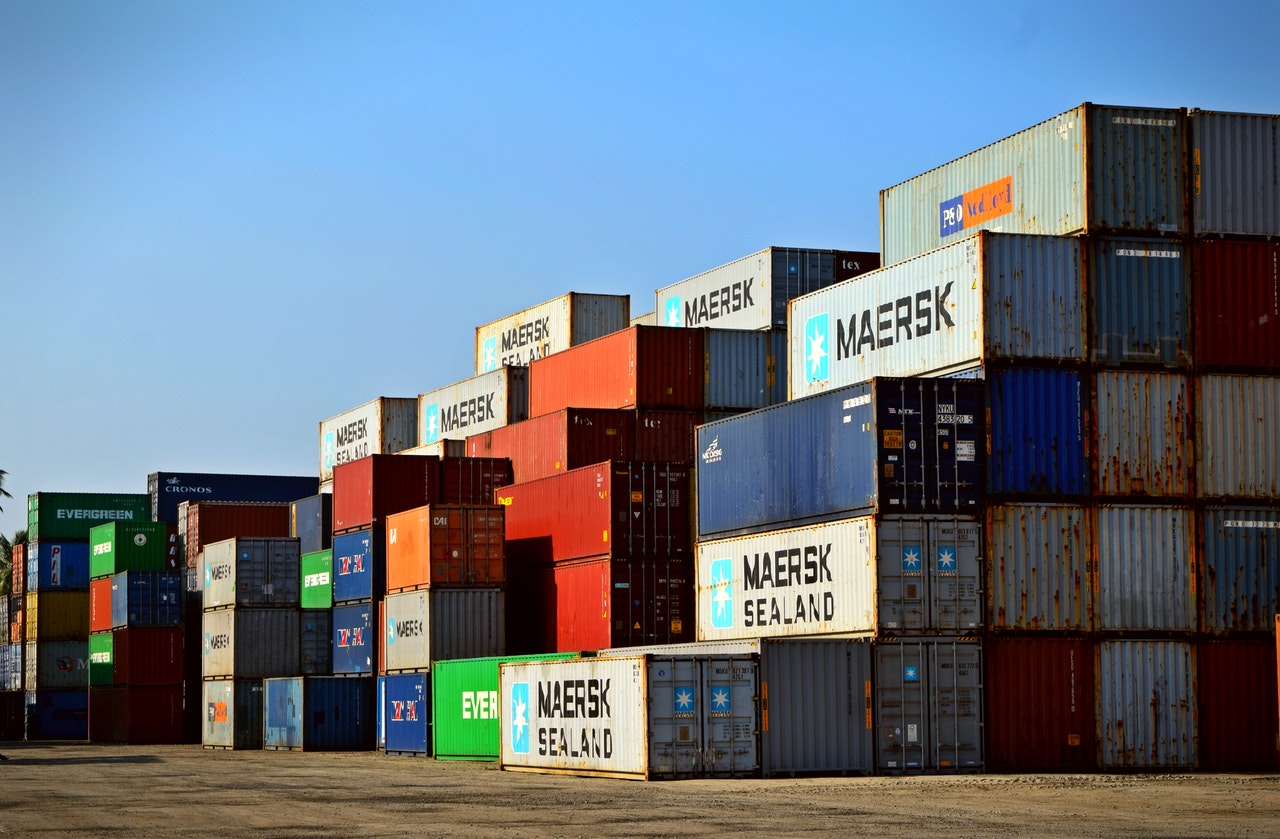Malta’s trading activity quietened during November 2023, with drops being recorded in both imports and exports, data from the National Statistics Office (NSO) revealed on Tuesday.
The report stated that Malta recorded a total trade in goods deficit of €187.4 million during the month, compared to a deficit of €310.6 million registered in November 2022.
Imports amounted to €644.5 million, while exports totalled €457.1 million, both representing drops from the same period last year of €187.5 million and €64.3 million, respectively.
The decrease in imports primarily came about due to a drop in machinery and transport equipment (€208 million). On the other hand, the main drops in exports were tied to food (€52.5 million), chemicals (€20.3 million) and machinery and transport equipment (€9.4 million). Exports of mineral fuels, lubricants and related materials saw an increase of €26.3 million.
Additionally, the NSO also compiled the reports of the first 11 months of the year to highlight that the deficit had narrowed by €680.1 million when compared to the corresponding period of 2022, reaching €3.7 billion. Imports came in at €7.8 billion, while exports reached €4.1 billion, equivalent to decreases of €851.1 million and €171 million, respectively.
During the 11 months, goods were primarily imported from the European Union (54.6 per cent) and Asia (20.6 per cent). This was also the case for exports, with most of them being directed towards the European Union (37.6 per cent) and Asia (16.3 per cent).
The most substantial increase in imports was recorded from Germany at €230.5 million, and contrastingly, imports from Greece had the largest drop at €252.6 million. Exports to Germany achieved the highest increase over the 11 months (€311.2 million), while those to France registered the largest drop (€176.4 million).
The results come as Malta’s trading activity, together with that of other Mediterranean countries, is set to take a hit following the introduction of the European Union’s Emissions Trading Scheme (ETS) Directive on shipping. The measure, aimed at addressing climate change issues, will lead to ships surrendering their EU allowances (EUAs) to compensate for the emissions they generate, prompting additional costs.
The implementation of this directive has resulted in many maritime stakeholders, including the Malta Maritime Forum, to express their discontent at the way it was handled, noting that it will have a significant effect on the economy, and will potentially remove Malta’s status as a transhipment hub. While the directive is being gradually phased in this month (January) and hence does not cover the period reported by the NSO, it will be interesting to see the figures from a year on to review the impact the ETS on shipping has had on trade.
Government introduces mandatory physical inspection for vintage vehicle classification
From 1st September 2025, vehicles seeking vintage status must undergo a physical inspection by the official classification committee
Local filmmakers paid just €250 to screen at Mediterrane Film
The figure stands in stark contrast to the estimated €5 million total spend
Malta International Airport closes in on one million passengers in June
Meanwhile, aircraft traffic movement rose by 4.5 per cent year on year






